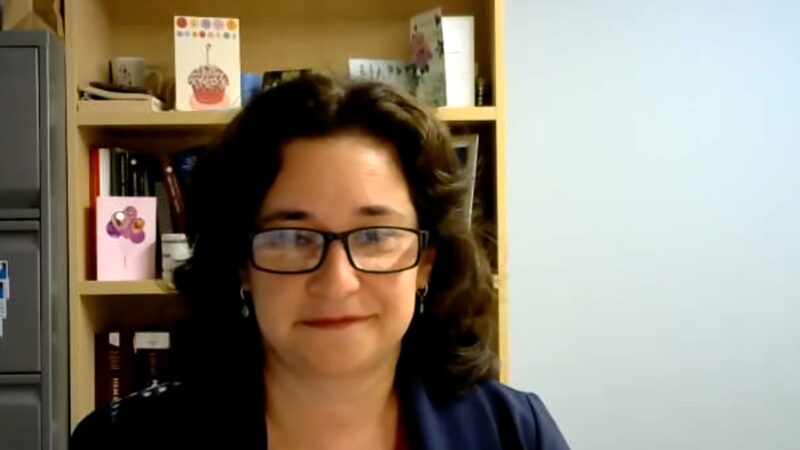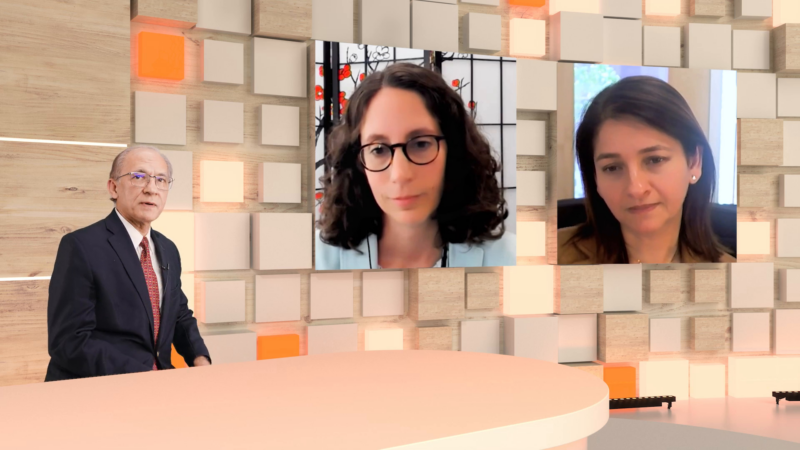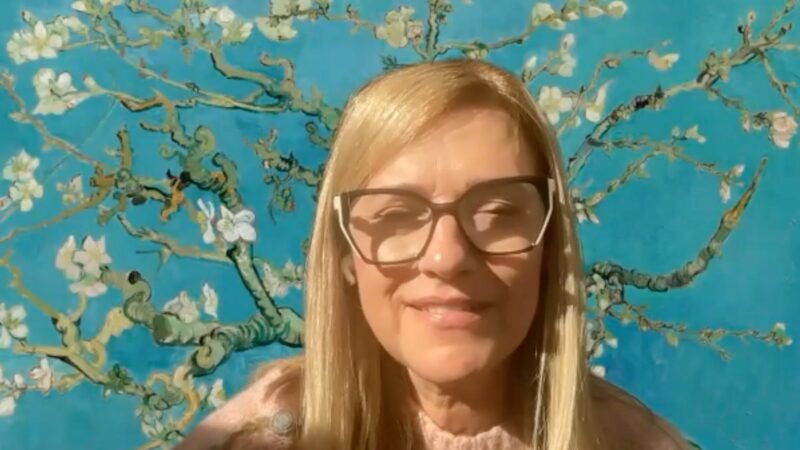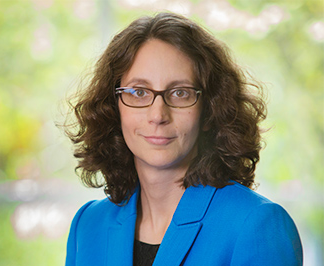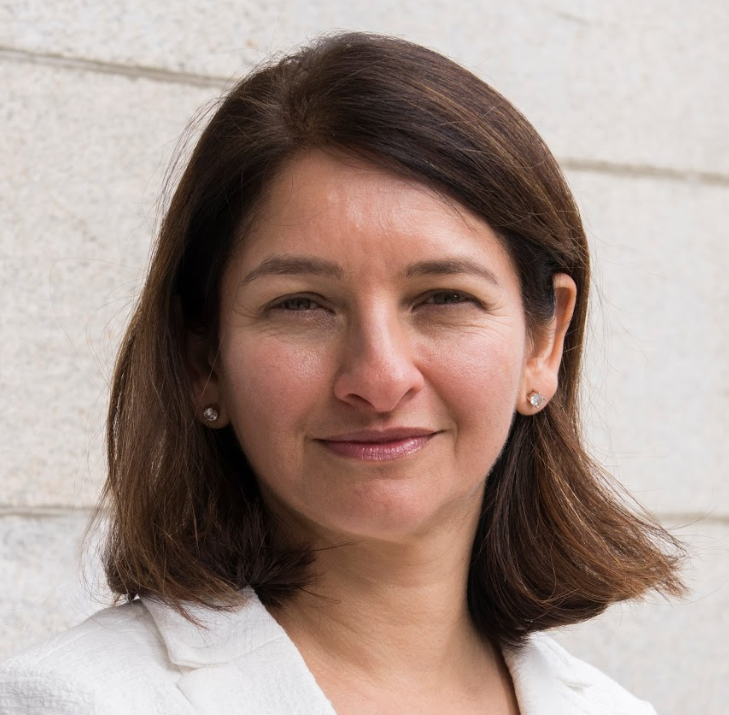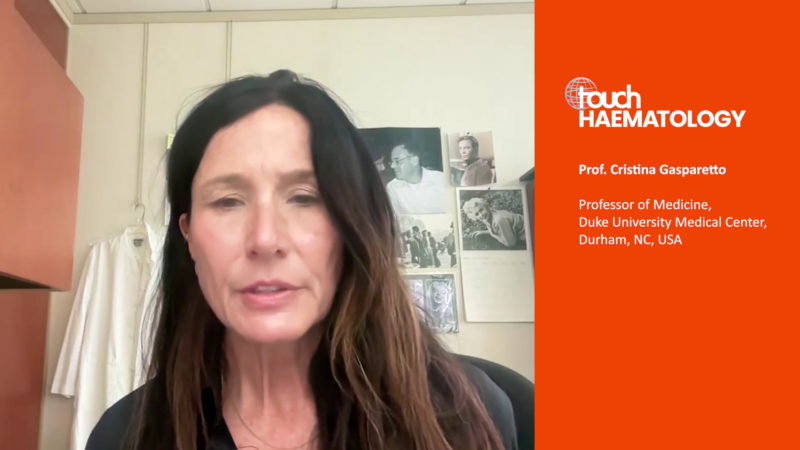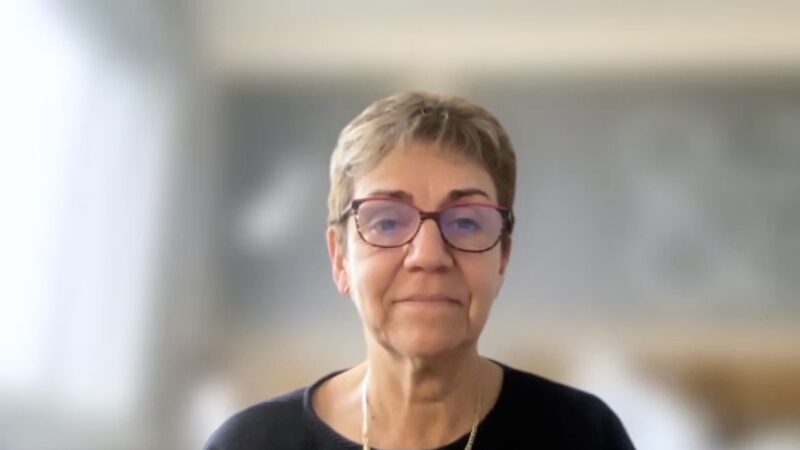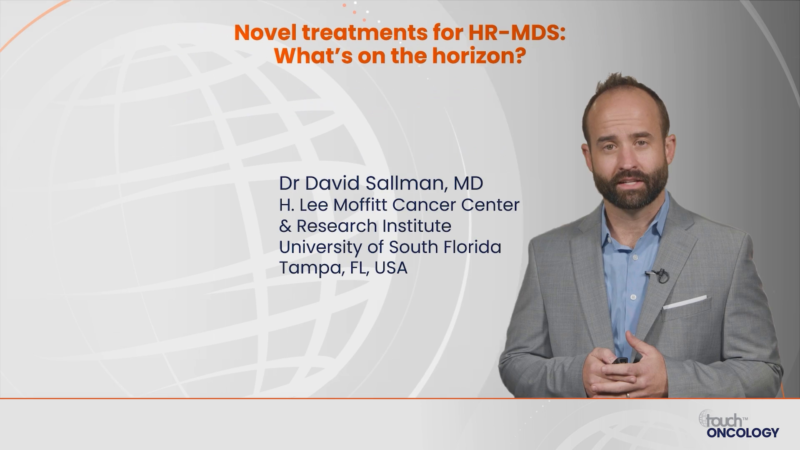touchPANEL DISCUSSION
 A visually engaging discussion designed to emulate a ‘live’ panel experience and provide clinicians with practical expert insights to address their clinical challenges. Useful tips below will show how to navigate the activity.
Close
A visually engaging discussion designed to emulate a ‘live’ panel experience and provide clinicians with practical expert insights to address their clinical challenges. Useful tips below will show how to navigate the activity.
Close
 A visually engaging discussion designed to emulate a ‘live’ panel experience and provide clinicians with practical expert insights to address their clinical challenges. Useful tips below will show how to navigate the activity.
Close
A visually engaging discussion designed to emulate a ‘live’ panel experience and provide clinicians with practical expert insights to address their clinical challenges. Useful tips below will show how to navigate the activity.
Close
Key considerations for treatment selection and sequencing in patients with RRMM: Lessons from real-life clinical practice
- Downloads including slides are available for this activity in the Toolkit
Learning Objectives
After watching this activity, participants should be better able to:
- Interpret factors that must be balanced when choosing therapy for patients with RRMM who have relapsed following 1–3 prior lines of therapy
- Evaluate alternative treatment strategies for patients with RRMM following >3 prior lines of therapy
- Identify optimal sequencing strategies for patients with RRMM in both early- and later-line settings
Overview
In this case-based activity, three leading experts discuss treatment decision making in patients with RRMM, both in the earlier-line and later-line settings, and how to approach treatment sequencing in an evolving landscape.
This activity is jointly provided by USF Health and touchIME. read more
Target Audience
This activity has been designed to meet the educational needs of haematologists and oncologists, including haemato-oncologist specialists, involved in the management of RRMM.
Disclosures
USF Health adheres to the Standards for Integrity and Independence in Accredited Continuing Education. All individuals in a position to influence content have disclosed to USF Health any financial relationship with an ineligible organization. USF Health has reviewed and mitigated all relevant financial relationships related to the content of the activity. The relevant relationships are listed below. All individuals not listed have no relevant financial relationships.
Faculty
Dr Sarah Holstein discloses: Consultancy fees from AbbVie, Bristol Myers Squibb, Janssen Pharmaceuticals, Oncopeptides, Secura Bio and Takeda Pharmaceutical (relationships terminated); Grants/research support from Bristol Myers Squibb and Oncopeptides (relationships terminated).
Dr Nikhil Munshi discloses: Consultancy fees from Amgen, Bristol Myers Squibb, Janssen Pharmaceuticals, Legend Biotech, Novartis, OncoPep, Pfizer and Takeda Pharmaceutical (all relationships terminated); Stock/shareholder (self-managed) OncoPep.
Dr Noopur Raje discloses: Advisory board or panel fees from Caribou Biosciences and Immuneel Therapeutics; Consultancy fees from AbbVie, Amgen, Bristol Myers Squibb, Pfizer, Sanofi and Takeda Pharmaceutical; Grants/research support from Bluebird Bio.
Content reviewer
Alicia Canalejo, MSN, APRN-C has no relevant financial relationships to disclose.
Touch Medical Directors
Holly Gilbert-Jones has no financial interests/relationships or affiliations in relation to this activity.
USF Health Office of Continuing Professional Development and touchIME staff have no financial interests/relationships or affiliations in relation to this activity.
Requirements for Successful Completion
In order to receive credit for this activity, participants must review the content and complete the post-test and evaluation form. Statements of credit are awarded upon successful completion of the post-test and evaluation form.
If you have questions regarding credit please contact cpdsupport@usf.edu.
Accreditations
Physicians
This activity has been planned and implemented in accordance with the accreditation requirements and policies of the Accreditation Council for Continuing Medical Education (ACCME) through a joint providership of USF Health and touchIME. USF Health is accredited by the ACCME to provide continuing medical education for physicians.
USF Health designates this enduring material for a maximum of 0.75 AMA PRA Category 1 CreditTM. Physicians should claim only the credit commensurate with the extent of their participation in the activity.
The European Union of Medical Specialists (UEMS) – European Accreditation Council for Continuing Medical Education (EACCME) has an agreement of mutual recognition of continuing medical education (CME) credit with the American Medical Association (AMA). European physicians interested in converting AMA PRA Category 1 CreditTM into European CME credit (ECMEC) should contact the UEMS (www.uems.eu).
Advanced Practice Providers
Physician Assistants may claim a maximum of 0.75 Category 1 credits for completing this activity. NCCPA accepts AMA PRA Category 1 CreditTM from organizations accredited by ACCME or a recognized state medical society.
The AANPCP accepts certificates of participation for educational activities approved for AMA PRA Category 1 CreditTM by ACCME-accredited providers. APRNs who participate will receive a certificate of completion commensurate with the extent of their participation.
Date of original release: 21 June 2023. Date credits expire: 21 June 2024.
If you have any questions regarding credit please contact cpdsupport@usf.edu.
To obtain the CE/CME credit(s) from this activity, please complete this post-activity test.
Claim Credit- Downloads including slides are available for this activity in the Toolkit
You may also be interested in...

REGISTER NOW FOR FREE ACCESS TO
- 1000+ topical and insightful peer-reviewed journal articles
- 100+ hours of bite-sized congress highlights
- 9 major therapy areas packed with the latest scientific advances
- 150+ specialties offering learn-on-the-go medical education
- + Concise email updates and newsletters so you never miss out








